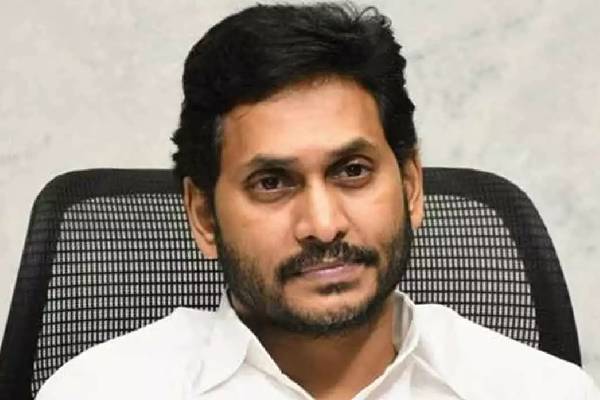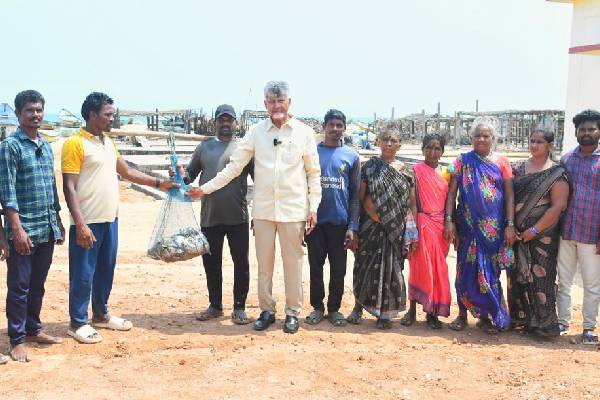When the bifurcation of Andhra Pradesh entered the parliament, everyone had one question—what would be the condition of residuary Andhra Pradesh as Telangana would retain Hyderabad.
Instead of fighting and debating on the prospects of Andhra—including Rayalaseema region, all the MPs from Seemandhra were giving their best shot for obstructing the formation of Telangana state, which was unavoidable given the political and socio-economic factors that lead to the movement decades ago.
At last the Congress government, on noticing that Andhra shouldn’t face the situation they earlier faced—setting up tents at Kurnool—when they were divided from Madras presidency, UPA Government then said that Hyderabad would be the common capital of both Andhra Pradesh and Telangana state.
Technical limitations:
People and leaders from Andhra region were pacified with the move. However, they chose to ignore the very important factor—territorial boundaries.
Also, Telangana state was formed with 10 districts, which includes Hyderabad, Rangareddy and Medak districts that form the Nawabi City Hyderabad. This would simply mean that the revenue generated in Hyderabad would not be shared with Andhra Pradesh.
Technically, Andhra Pradesh was given a facility to run their governance from Hyderabad as they had no proper infrastructure (as quoted by many leaders) to run their government services–that too for a period not extending ten years.
Special status:
On noticing the same, the opposition NDA—BJP in particular pressed for special status for Andhra Pradesh for a period of ten years. After an extensive debate in Rajya Sabha with Venkaiah Naidu highting the need for recognizing the residuary state as special one, the UPA Government then nodded for special status for AP.
Pushed into the pipeline:
After BJP came to power at the Centre, the special status issue was slowly burried. The opposition YSRCP has been demanding Chandrababu Naidu for exerting pressure on the Centre over the same but to no avail.
Cash-for-vote scam:
The economic experts observed that Chandrababu Naidu, who is meeting key officials, is only concerned about protecting his image and his power as he’s just trying to demand for the implementation of ‘president’s law and order’ in Hyderabad.
What economic benefit will Andhra Pradesh have if all power and action by Andhra Pradesh is invested on that issue remains to be a debatable issue.
The political observers opined that the entire cash for vote episode has pushed the special status into the pipeline.
TDP must have worked towards the economic grants that the state deserve instead of involving in a political mudslinging and allegedly provoking people with words such as—you have ACB, I have ACB. By taking up this petty political battle to Delhi, instead of facing the investigation and moving the court, the chances of Chandrababu Naidu convincing the Centre over special status have presumably become grim.
It is hightime that Babu’s sarkar open its eyes to economic challenges that Andhra Pradesh is going to face over ignoring the special status to the state.

































